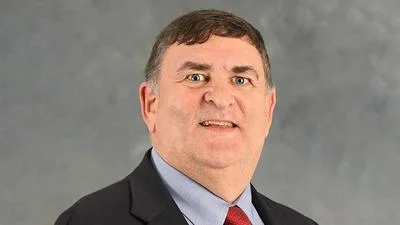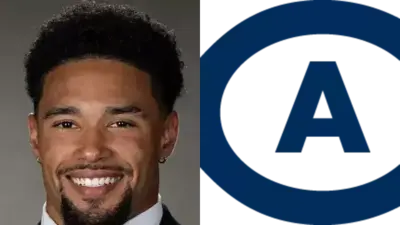State Representative Dave Severin (IL) | Representative Dave Severin (R) 116th District
State Representative Dave Severin (IL) | Representative Dave Severin (R) 116th District
In the closing moments of the Illinois House of Representatives' 2024 Veto Session, a motion to adjourn "sine die" was introduced by House Republican Floor Leader Patrick Windhorst. This would have concluded the session without setting a date to reconvene. However, the motion was rejected by House Democrats, allowing for the continuation of the 103rd General Assembly in a "lame duck session" set for early January.
A lame duck session occurs after new members have been elected but before they are sworn in. It allows outgoing legislators to address unresolved legislative matters or urgent issues. The term "lame duck" suggests potential flaws in such sessions since outgoing lawmakers may legislate without accountability to their constituents.
During these sessions, legislation can pass with a simple majority of 60 votes rather than the three-fifths vote required during regular sessions. This rule change can facilitate the passage of controversial bills due to lower accountability from departing members.
The majority party has utilized this opportunity to advance significant legislation quickly and with minimal debate. Republicans have proposed reforms to limit these sessions or eliminate them altogether, but such proposals have been blocked by Democrats.
As Illinois approaches its upcoming lame duck session from January 4th to 7th, residents anticipate numerous legislative actions that could impact taxes and state budgets significantly. Potential topics include addressing Illinois' unfunded pension debt and creating laws aimed at counteracting federal policies anticipated under the new Presidential administration.
The state faces an estimated $3 billion budget deficit, prompting discussions on fiscal measures such as tax increases or reallocating funds. The pension crisis remains another critical issue, with Democrats possibly proposing short-term solutions during this period.
Illinois Democrats have expressed intentions to introduce progressive legislation potentially affecting environmental regulations, job creation burdens, programs for undocumented migrants, and abortion protections. These efforts reflect an aim to counteract expected federal policy changes post-2024 Presidential Election.
This content adheres to ethics regulations prohibiting campaign-related posts on state-sponsored platforms.






 Alerts Sign-up
Alerts Sign-up